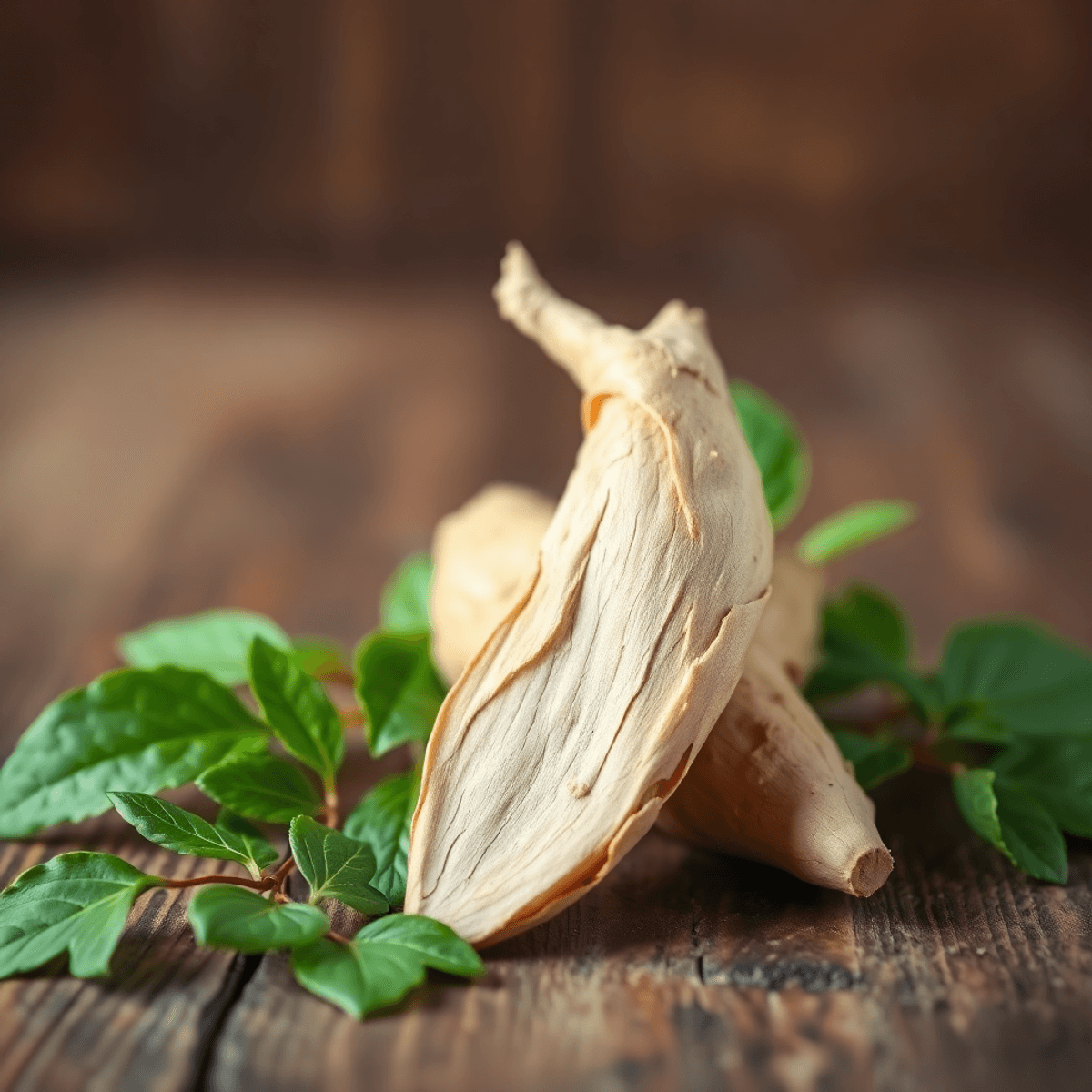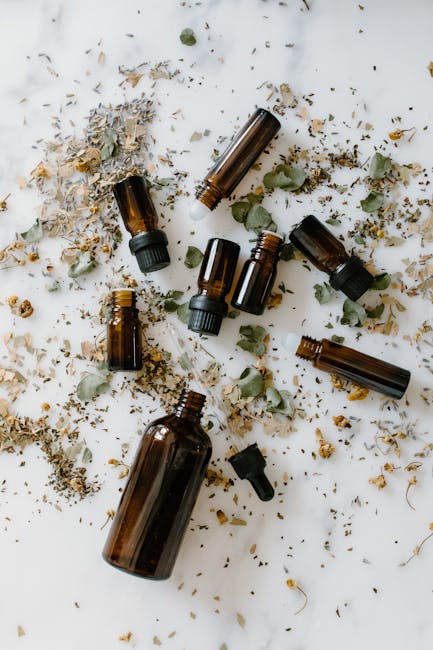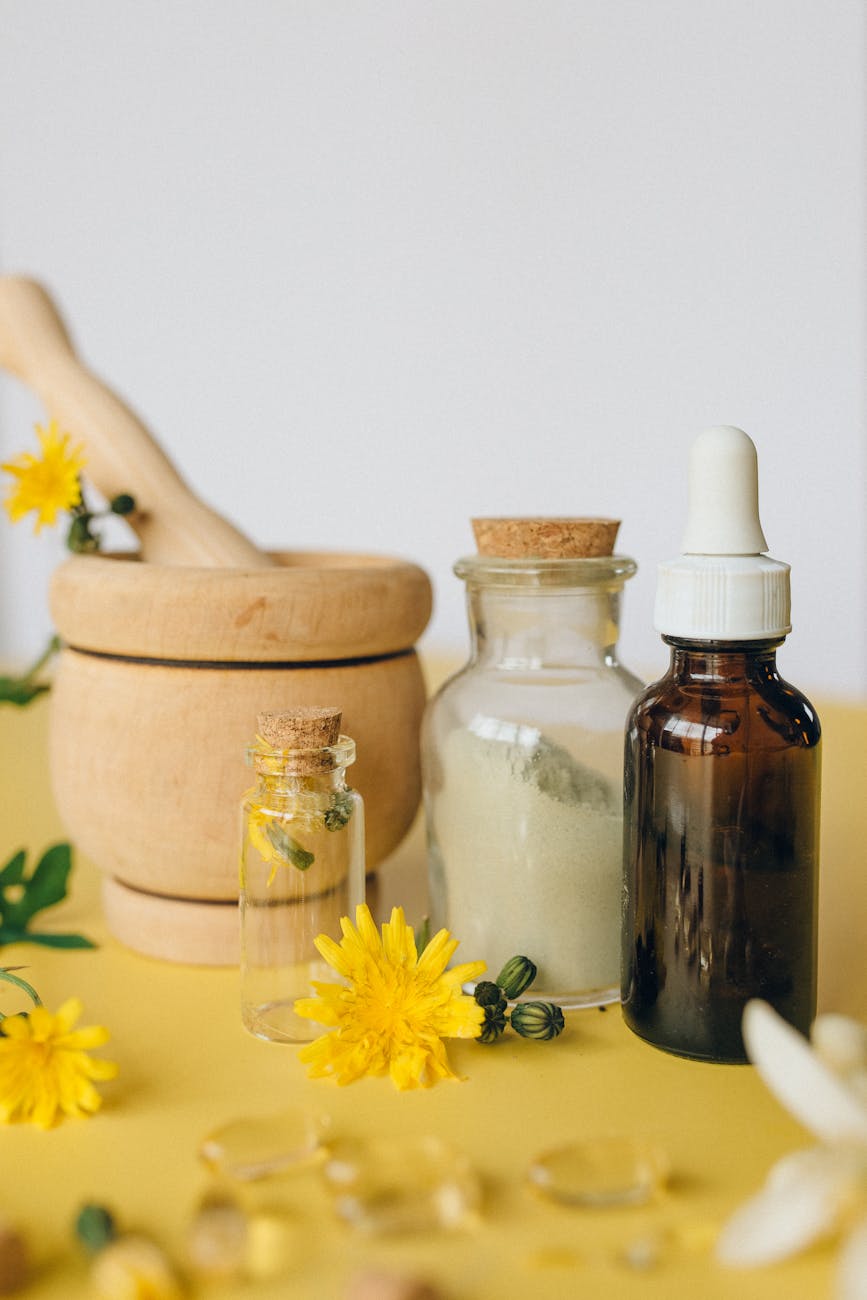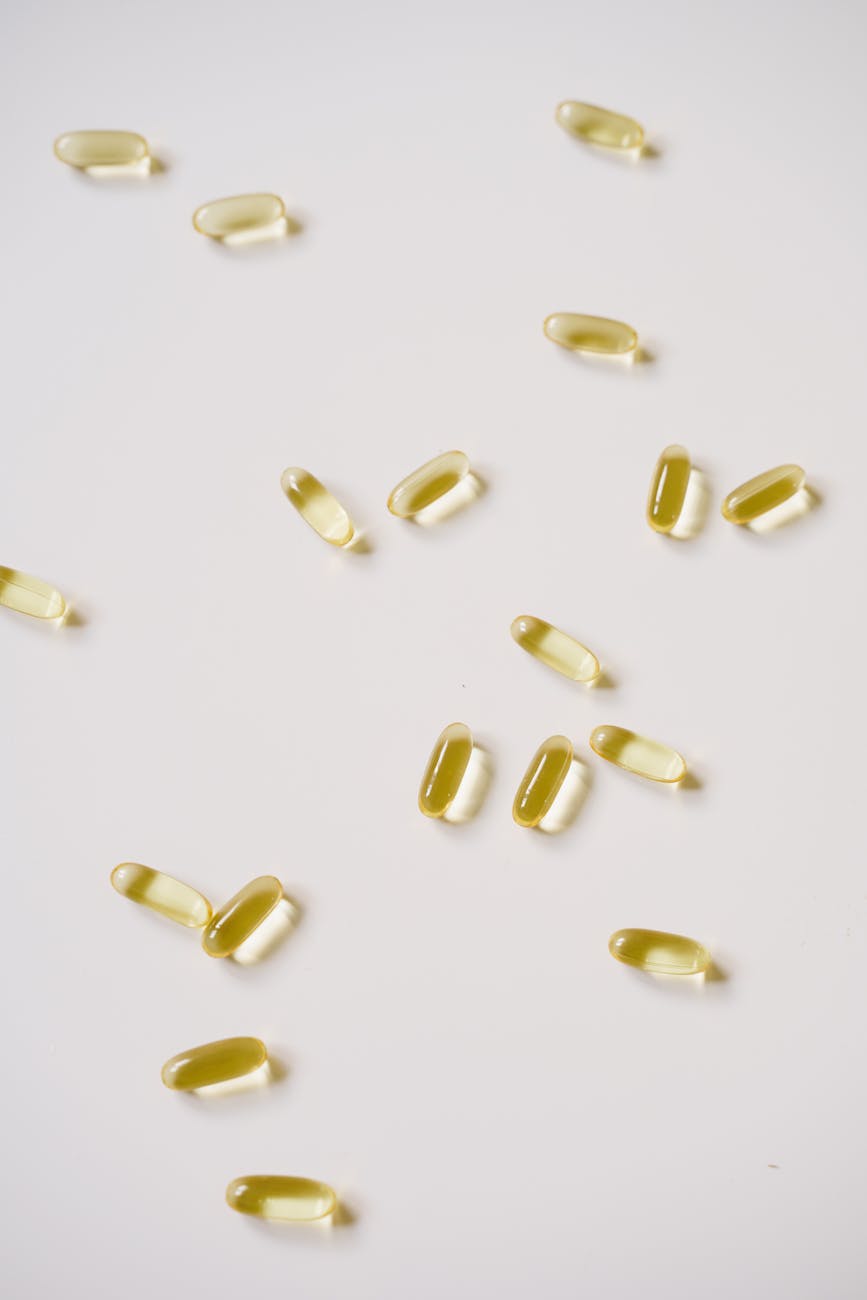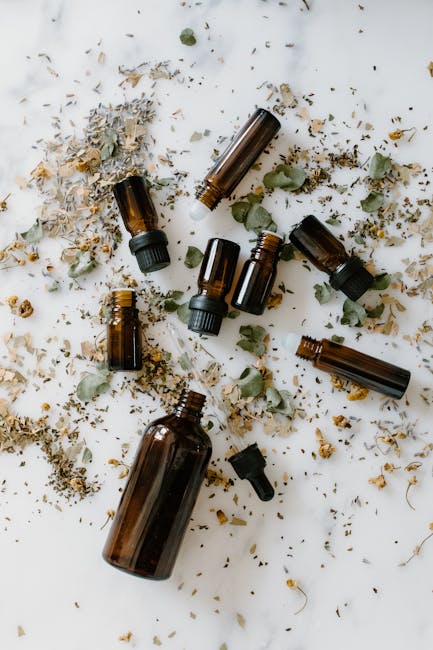Herbs and Gut Microbiome: Building a Strong Foundation
The relationship between herbs and our gut microbiome is like a symphony, where each element plays a crucial role in maintaining harmony. 🌿 In this blog post, we’ll explore how herbs can help build a strong foundation for your gut health, enhancing your overall well-being. So, let’s dive into the world of herbs and discover their secrets for a happy gut!
Table of Contents
1. Introduction
2. Understanding the Gut Microbiome
3. How Herbs Benefit Your Gut
4. Top Herbs for a Healthy Gut
5. How to Incorporate Herbs into Your Diet
6. Conclusion
7. FAQs
Understanding the Gut Microbiome
Before we delve into herbs, let’s first understand what the gut microbiome is. The gut microbiome is a complex ecosystem of trillions of microorganisms living in your digestive tract. These microorganisms, including bacteria, viruses, and fungi, play a vital role in digesting food, producing essential nutrients, and regulating your immune system.
A balanced gut microbiome is crucial for good health, and disruptions can lead to various issues such as digestive problems, weakened immunity, and even mood disorders. That’s why it’s important to nurture your gut with the right foods and herbs!
How Herbs Benefit Your Gut
Herbs have been used for centuries in traditional medicine for their healing properties. Here’s how they can specifically benefit your gut:
🌱 Anti-inflammatory Properties: Many herbs contain compounds that reduce inflammation in the gut, helping to soothe digestive discomfort.
🌱 Antimicrobial Effects: Some herbs can combat harmful bacteria and support a balanced microbiome.
🌱 Digestive Aid: Herbs like peppermint and ginger are well-known for their ability to ease digestion and reduce symptoms of bloating and gas.
Top Herbs for a Healthy Gut
Here are some superstar herbs that can help support a healthy gut microbiome:
🌿 Ginger: Known for its anti-nausea and anti-inflammatory properties, ginger can improve digestion and gut motility.
🌿 Turmeric: With its active compound curcumin, turmeric acts as a powerful anti-inflammatory, promoting gut health.
🌿 Peppermint: Peppermint oil can help relax the muscles of the gastrointestinal tract, alleviating symptoms of irritable bowel syndrome (IBS).
🌿 Fennel: This aromatic herb can reduce bloating and gas, making it a great addition to your diet.
How to Incorporate Herbs into Your Diet
It’s easier than you might think to add these beneficial herbs to your daily routine:
🍵 Herbal Teas: Enjoy a soothing cup of ginger or peppermint tea to support digestion.
🍛 Cooking: Incorporate turmeric into curries, soups, or even smoothies for a healthy gut boost.
🧂 Herbal Seasonings: Use fennel seeds as a seasoning in your dishes to aid digestion.
Conclusion
Incorporating herbs into your diet can be a delightful and effective way to support your gut microbiome. With their natural healing properties, herbs can help maintain a balanced and healthy digestive system, paving the way for overall well-being. Give these herbs a try and let your gut thank you! 😊
FAQs
Q1: Can I take herbal supplements for gut health?
A: Yes, herbal supplements can be a convenient way to support gut health, but it’s best to consult a healthcare professional before starting any new supplement.
Q2: Are there any side effects of using herbs for gut health?
A: While herbs are generally safe, some individuals may experience allergies or interactions with medications. It’s always wise to start with small amounts and consult with a healthcare provider if in doubt.
Q3: How long does it take to see improvements in gut health with herbs?
A: Improvements can vary depending on the individual and the specific herb used. Some people may notice benefits within a few days, while others might take a few weeks.
Q4: Can I grow these herbs at home?
A: Absolutely! Many of these herbs, such as mint and basil, are easy to grow at home, providing fresh and readily available ingredients for your meals.
Q5: Should I stop taking other medications if I’m using herbs?
A: Never stop taking prescribed medications without consulting your healthcare provider, even when using herbal remedies.





